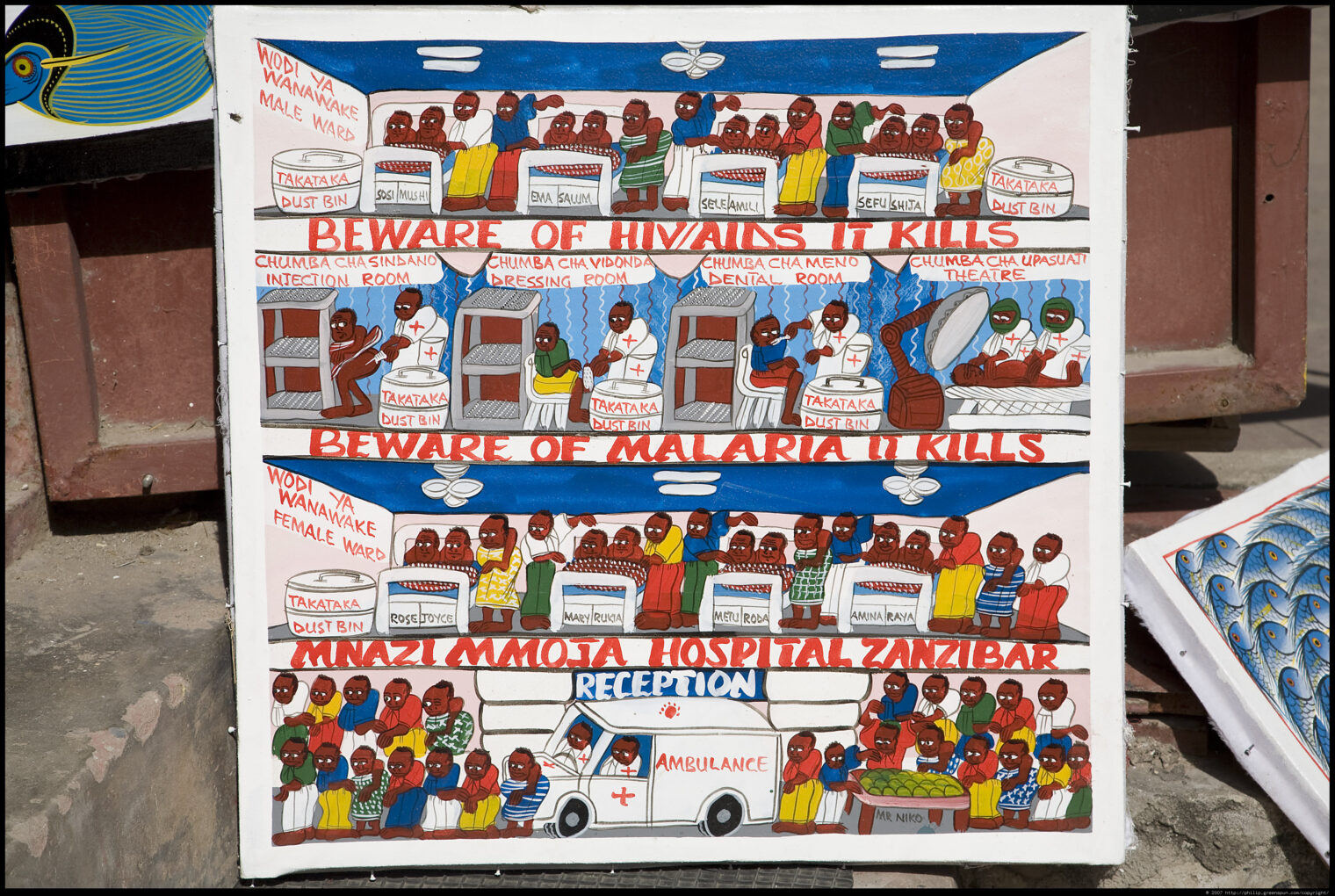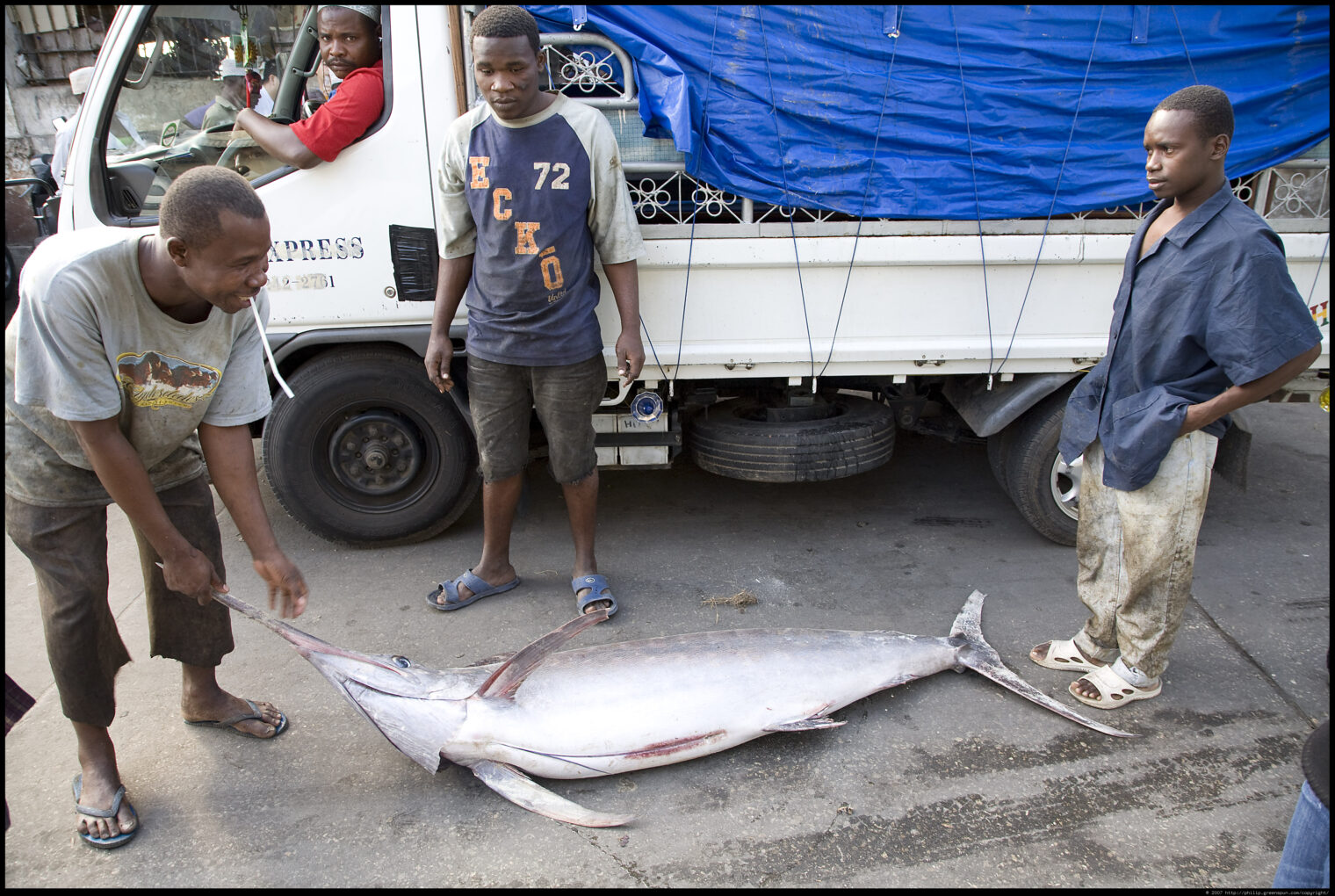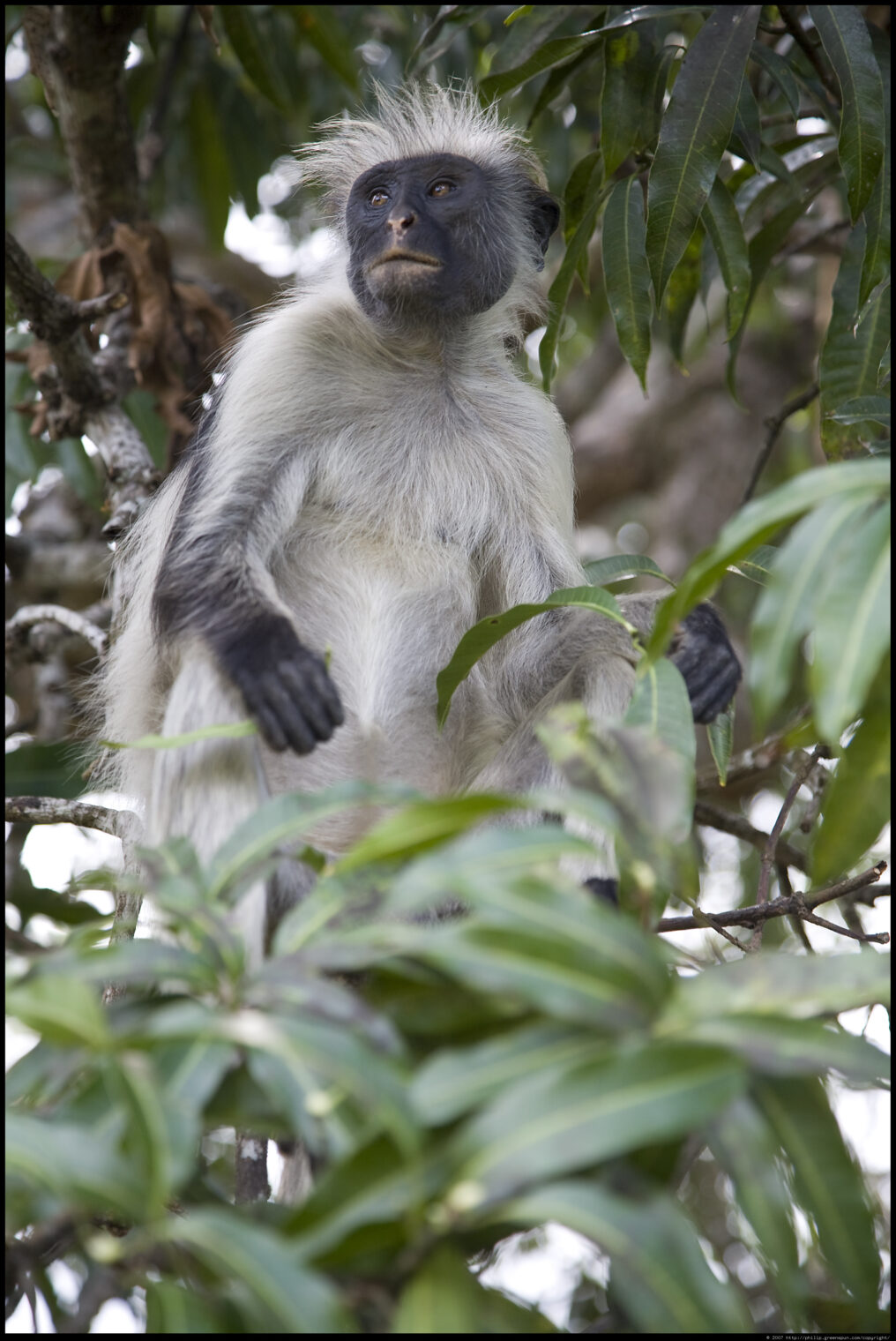Having loved River of Doubt, I listened to River of the Gods: Genius, Courage, and Betrayal in the Search for the Source of the Nile as an audiobook. As with River of Doubt, the story holds the listener’s interest so I recommend it in audio format.
The description from the publisher is presumably exciting for today’s customers:
Yet there was a third man on both expeditions, his name obscured by imperial annals, whose exploits were even more extraordinary. This was Sidi Mubarak Bombay, who was enslaved and shipped from his home village in East Africa to India. When the man who purchased him died, he made his way into the local Sultan’s army, and eventually traveled back to Africa, where he used his resourcefulness, linguistic prowess and raw courage to forge a living as a guide. Without Bombay and men like him, who led, carried, and protected the expedition, neither Englishman would have come close to the headwaters of the Nile, or perhaps even survived.
The book does not deliver on this promise. Bombay is not described as doing anything remarkable other than being a loyal assistant to Richard Burton and Speke. Burton remains the most interesting and impressive character in the drama and it is astonishing what he and Speke were willing to endure to pick up a scrap of knowledge and obtain some fame. They spent most of their time on the expedition suffering from tropical diseases far worse than Covid.
The discovery part of the discovery proves to be somewhat underwhelming. The Black and Arab merchants of East Africa already knew about the rift lakes, including Lake Victoria. As Burton and Speke were “exploring” they were able to exchange letters with Europeans on the coast. They would simply send a letter with a slave or goods caravan and wait for a reply to arrive with a caravan bringing imports from the coast. This is not the exploration of an Amundsen or Shackleton in Antarctica!
Compared to the Blacks and Arabs who lived full time in the region, what was different about Burton and Speke was that they cared about the hydrology of the region, not just making some money by trading goods and/or slaves. The Arab merchants knew about Lake Victoria, for example, but were not curious regarding where the water ultimately ended up. They wanted to sell goods from the coast on the shores and perhaps bring back some slaves. The exploration challenge in River of Doubt was much tougher.
Here are a few of my own snapshots from Zanzibar (2007):




> “…The description from the publisher is presumably exciting for today’s customers…”
I think we should start sticking warning labels on books to help potential readers identify the “woke” vs. “nonwoke” editions. We could still sell the “nonwoke” editions but they’ll have to be locked in a special section of a bookstore (or website) with warning labels all over them, down to the individual pages, and to make sure they’re safe and secure like the firearms department used to be at Walmart.
Next up?:
River of Darkness: Francisco Orellana’s Legendary Voyage of Death and Discovery Down the Amazon
https://www.amazon.com/River-of-Darkness-Buddy-Levy-audiobook/dp/B0787DVZ8L
Pizarro brought all his siblings and cousins with him, along with a motley collection of on-the-lam thugs, when he conquered the Incas. To temporarily get rid of the most troublesome ones he ordered them to survey the other side of the Andes. One thing led to another and various mishaps led to a few of them reverse-discovering (one of) the little creeks that is a source of the Amazon, building a series of boats, and floating all the way to the Atlantic.
One of them wrote a book describing the huge towns and farms along the river, which until recently was considered fiction, but which its now generally thought to be true (minus the all-female warrior tribe).